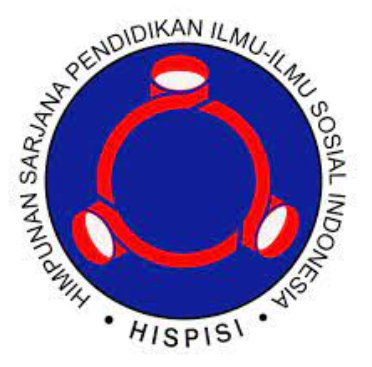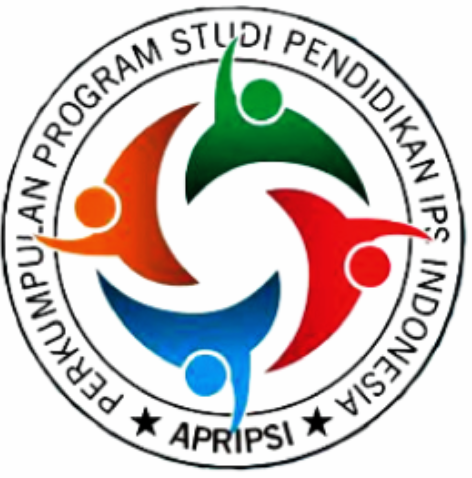Utilization of The Semesta Defense Concept in Facing Siber Attacks During The Covid-19 Pandemic in Indonesia
Pemanfaatan Konsep Pertahanan Semesta dalam Menghadapi Serangan Siber Selama Pandemi Covid-19 di Indonesia
DOI:
https://doi.org/10.21009/EIPS.005.02.03Keywords:
Defense, Universe, Cyber, Attack, Covid-19Abstract
AbstractThis study argues that currently the threat of cyber attacks has become a real threat that has the potential to grow during the Covid-19 pandemic. The concept of a universal defense system can be used as strategy to deal with cyber threats. This research using a qualitative method with a literature review approach that focuses on the threat of cyber attacks in Indonesia during the Covid-19 pandemic. The purpose of this study is to find out how the threat of cyber attacks in Indonesia during the Covid-19 pandemic is, and how the concept of a universal defense system can handle it. The theory used is concept of threats, cyber attacks, and universal defense systems as a literature review. This study, was found that the threat of cyber attacks during the Covid-19 pandemic has increased and is growing, besides that the use of the universal defense concept is considered capable of dealing with the escalation of existing cyber threats. So it can be concluded from this study that the threat of cyber attacks in Indonesia during the Covid-19 pandemic is increasing and the use of the concept of a universal defense system is considered capable of tackling these cyber threats.
Keywords: Defense, Universe, Cyber, Attack, Covid-19
Abstrak
Penelitian ini mengajukan argumen bahwa saat ini ancaman serangan siber telah menjadi ancaman nyata yang berpotensi untuk semakin berkembang selama masa pandemi Covid-19. Dengan hadirnya kebijakan Pembatasan Sosial Berskala Besar dan sistem kerja Work From Home. Kondisi inilah yang dimanfaatkan oleh aktor non pemerintah untuk melakukan aksi penyerangan melalui cyberspace. Untuk menangani permasalahan tersebut, konsep sistem pertahanan semesta bisa dijadikan sebagai alternatif strategi untuk menghadapi ancaman siber yang ada. Riset ini dilakukan dengan menggunakan metode kualitatif dengan pendekatan literatur review yang berfokus pada ancaman serangan siber di Indonesia selama masa pandemi Covid-19. Tujuan dari penelitian ini adalah untuk mengetahui bagaimana ancaman serangan siber di Indonesia selama masa pandemi Covid-19, serta bagaimana konsep sistem pertahanan semesta dapat menanganinya. Adapun teori yang digunakan adalah konsep ancaman, serangan siber, dan sistem pertahanan semesta sebagai tinjauan pustaka. Di dalam penelitian ini didapatkan hasil bahwa ancaman serangan siber selama masa pandemi Covid-19 mengalami peningkatan dan semakin berkembang, selain itu pemanfaatan konsep pertahanan semesta dinilai mampu untuk menghadapi eskalasi ancaman siber yang ada. Sehingga bisa diambil kesimpulan dari penelitian ini bahwa ancaman serangan siber di Indonesia selama masa pandemi Covid-19 semakin meningkat dan penggunaan konsep sistem pertahanan semesta dinilai mampu untuk menanggulangi ancaman siber tersebut.
Kata kunci: Pertahanan, Semesta, Siber, Serangan, Covid-19
Downloads
Published
How to Cite
Issue
Section
License
Authors who publish with this journal agree to the following terms:
- Authors retain copyright and grant the journal right of first publication with the work simultaneously licensed under a Creative Commons Attribution ShareAlike License that allows others to share the work with an acknowledgement of the work's authorship and initial publication in this journal.
- Authors are able to enter into separate, additional contractual arrangements for the non-exclusive distribution of the journal's published version of the work (e.g., post it to an institutional repository or publish it in a book), with an acknowledgement of its initial publication in this journal.
- Authors are permitted and encouraged to post their work online (e.g., in institutional repositories, pre-prints sites or on their website) prior to and during the submission process, as it can lead to productive exchanges, as well as earlier and greater dissemination of published work






